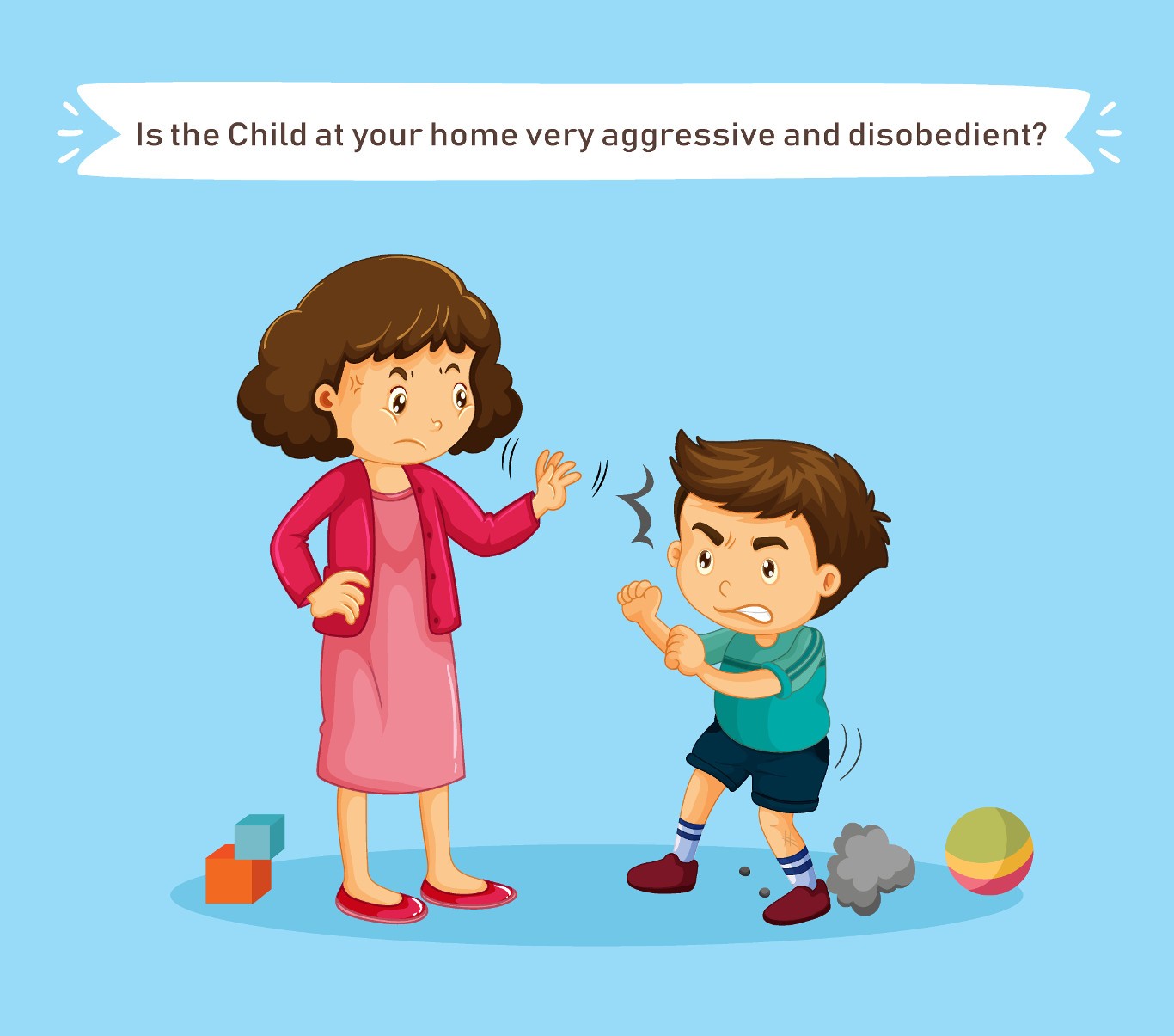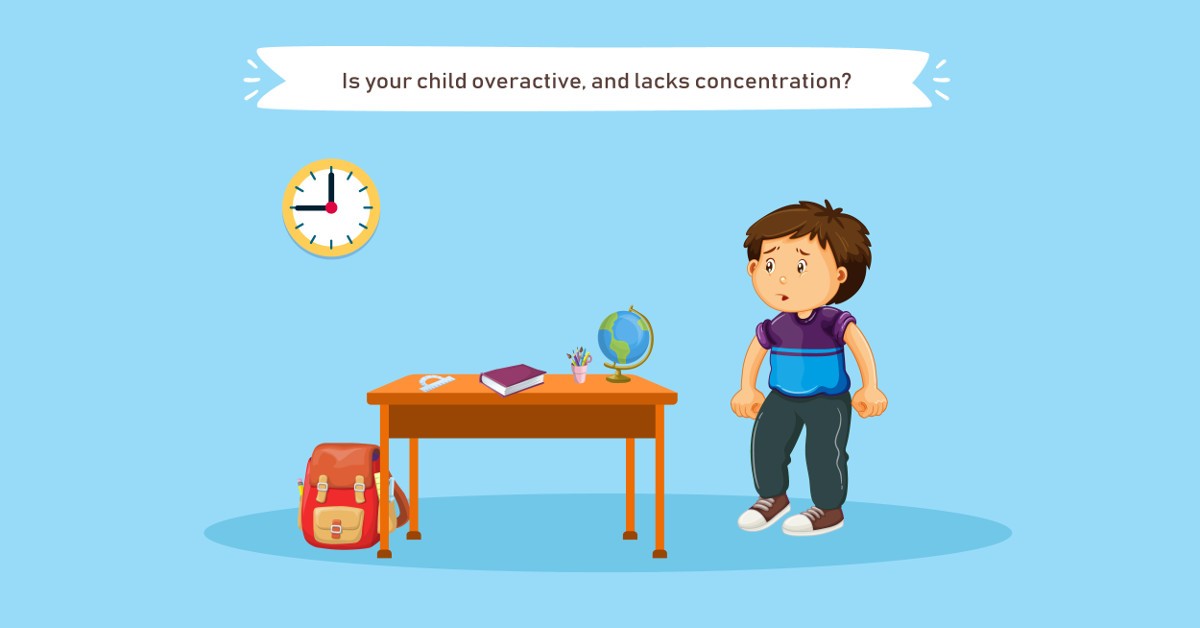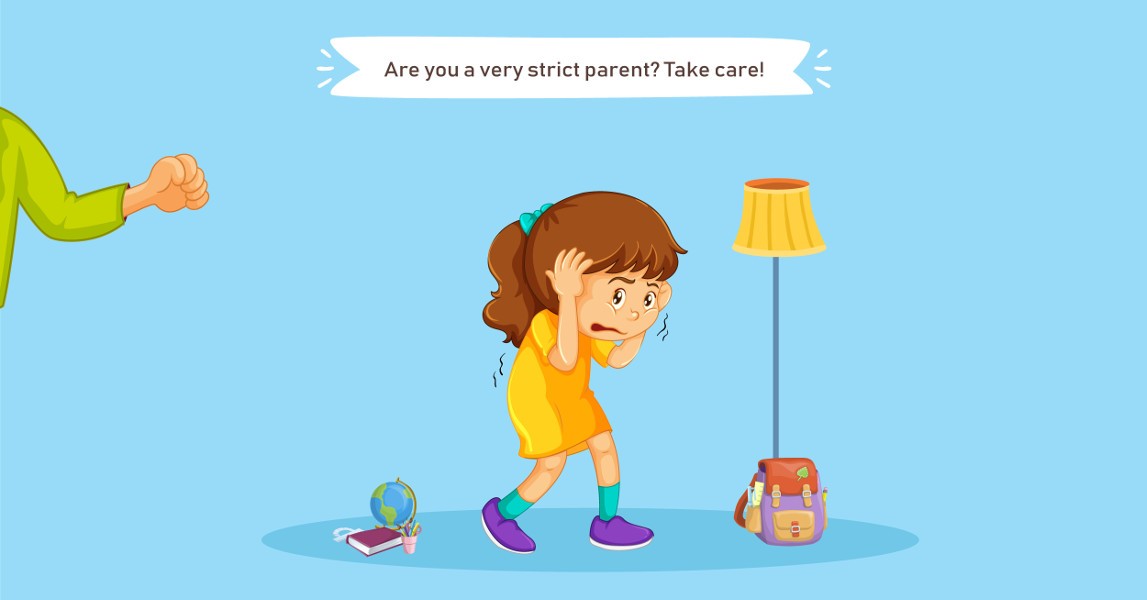A couple came to my counseling center with a boy a few days back. They observed some psychological disabilities in his personality. Continuous lying, wilderness, destructive behavior, rebellion attitude, aggressiveness, etc. were some of them.
The boy studies in Seventh grade, in a British School in Kerala. The family migrated to Kerala, to make the boy get used to, and to know more about the Indian Culture.
The psychological irregularities include continuous lying for about a couple of months! Supporting a lie, or coming up with new ones. He was never ready to admit his mistakes unless when caught red-handed. His parents shared the live proof as that of a CCTV recording. Still, he never regretted his behavior, but apologizes for the same.
The parents noticed an adolescent wilderness in his behavior. He harmed his friends when he made his friend drink the hot water from the flask for no reason. Harming of pet animals and destructive behavior was observed. A state of emotional imbalance was also evident. Nobody could predict the forthcoming behavior from the boy. He might run out of the house at a moment, or suddenly makes a loud dispute in the family. An aggressive behavior and a strong tendency to break the rules and regulations at home or hostel were also identified. In no way he was ready to be socially acceptable, to live in an accepted frame of good will.
A destructive behavior and hyperactive nature were also noticed in his developing personality.
The boy in his late childhood was sexually very active. He loved spending hours to watch the blue films and to talk about sex with his friends. He consciously made favorable situations for the same, by doping the authorities. He was in sexual hallucination even during the school hours!
During the session, the diagnostic appraisal was done through mental status examination and Rorschach inkblot test. Through a series of discussions with his teachers, parents, and friends I arrived at the following conclusions.
The boy was attention deficit hyperactive with features of impulsive control disorder.
- We can improve the condition with some systematic, and patient psychological approaches.
- Cognitive Behavioral therapy, neurolingustic programming and Behavioral therapy can bring out a noticeable change.
- Family intervention methods like positive parenting tips are also advisable.
- Attention enhancement therapy and some simple concentration exercises also enhance the positive change.
Be patient, understand the situation, follow the suggestions, and the results are certain!





